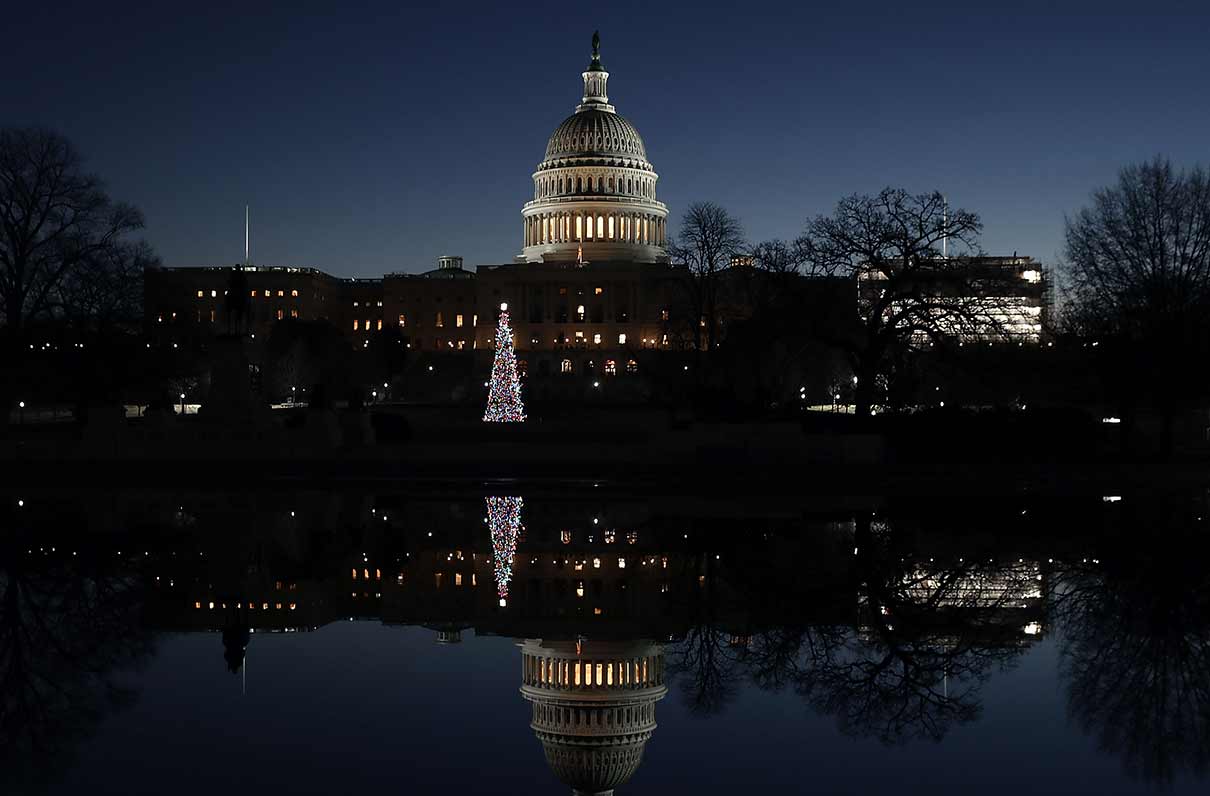For the final few months of 2018, Republican lawmakers have built and rebuilt legislation to expand or extend provisions and fix certain flaws in the 2017 Tax Cuts and Jobs Act. The marquee legislation was widely celebrated as a massive victory for businesses, investors, and taxpayers. But these attempts to tweak the law show there are some ongoing issues.
The House, by way of House Ways and Means Committee Chair Kevin Brady (R-Texas), has now put forth three different versions of a tax extender and reform bill. With each new version comes a new cost estimate. According to Brady, the latest might cost $80 billion, 30 percent more than the original bill.
There are a couple of items of interest at play affecting the military and veterans community during these talks.
The Work Opportunity Tax Credit (WOTC), which MOAA has been seeking to both extend and expand, could face some new restrictions thanks to an effort to extend the new Base Erosion and Anti-Abuse Tax (BEAT). WOTC is a valuable incentive for businesses to hire veterans.
The legislation would change Thrift Savings Plan contribution caps for members of the Ready Reserve who already have maxed out their private retirement plan contributions. MOAA has been pushing for this change since the implementation of the blended retirement system, so all members of reserve components have an opportunity to take full advantage of their military retirement, regardless of other employment.
The bill, as currently written, also would clarify that veterans are to be considered eligible for the Low-Income Housing Tax Credit (LIHTC). This HUD program gives state and local agencies authority to issue tax credits for the acquisition, rehabilitation, or new construction of rental housing targeted to lower-income households.
The constant rewrites are a product of uneasiness in the Senate as well as principled opposition from Democrats, who want to wait for their turn as the House majority to take a stab at tax reform. Regardless of whether or not the House bill is passed this week, if the Senate is interested in passing tax legislation, it will provide its own substitute text. Presumably, the House then would accept that version without qualms, just to get something passed.
Sen. Chuck Grassley (R-Iowa), next in line to chair the Senate Finance Committee, has made it clear the House needs to reconsider provisions related to the alternative minimum tax and state and local tax (SALT) deductions if they hope to gain some traction. During an interview on CNBC's Squawk Box, he insisted on the necessity of a compromise within his own party.
The government shutdown debate, which largely revolves around funding for the border wall, will certainly suck up a lot of the air in Congress in the final few days of this year. There is a chance the Senate will try to tack their tax provisions onto a spending bill, but anything that makes the funding debate more controversial than it already is might not go over well.
A last-minute Christmas tax-focused spending spree is possible, but expect some strong resistance in both the House and Senate first.
